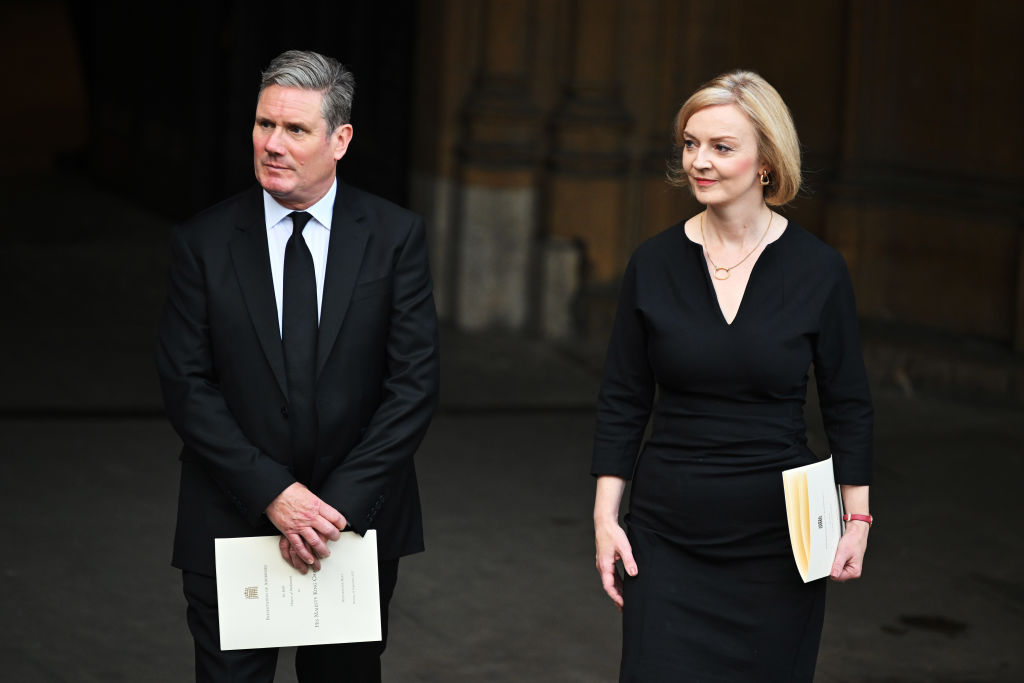We might have thought Trussonomics was dead and buried for a generation after its author’s short-lived premiership last autumn. But all of a sudden it has a high-profile, if slightly unexpected, convert: Sir Keir Starmer.
In an interview with BBC Radio 4’s Today programme this morning, Starmer was sounding a lot like Kwasi Kwarteng last September:
We’ve got the highest tax burden since the second world war. What we’ve had from the government is tax rise upon tax rise on tax rise. If they’ve proved one thing, it’s that their high-tax, low-growth economy doesn’t work.
The Labour leader is absolutely correct, even if he is a little late to the party. Every time you increase taxes, the economy gets a little weaker, and as growth slows down you have to raise taxes all over again just to keep up public spending levels. There certainly isn’t any scope to increase funding for schools or hospitals, or to raise living standards either. Yet, ironically, that is essentially the argument the Truss government was making eight months ago.
The only problem is, Starmer has no idea how to deliver. He tries to argue that the big difference between a Labour government and a Conservative one is that he will have ‘a plan for growth’. That might be a nice thing to have, but there is very little evidence that growth suddenly materialises simply because you have a ‘plan’. Beyond getting Ed Miliband to set up a state-owned green energy giant (which we’re asked to believe will easily out-compete the vastly better funded ones set up in the US, the EU and China), Starmer is so far keeping the ‘plan’ largely to himself.
In reality, a Labour government led by Starmer won’t do anything to accelerate growth. What it might do, however, is this: it will make the argument that taxes are too high, and the state too big: a mainstream, respectable point of view.
Labour may not realise it yet, but the party is opening the way for a low-tax government to take power in 2029. By then, the idea that we are overtaxed and over-regulated will be the centrist consensus. By that point, we’ll be in desperate need of a government that will actually do something about it.






Comments